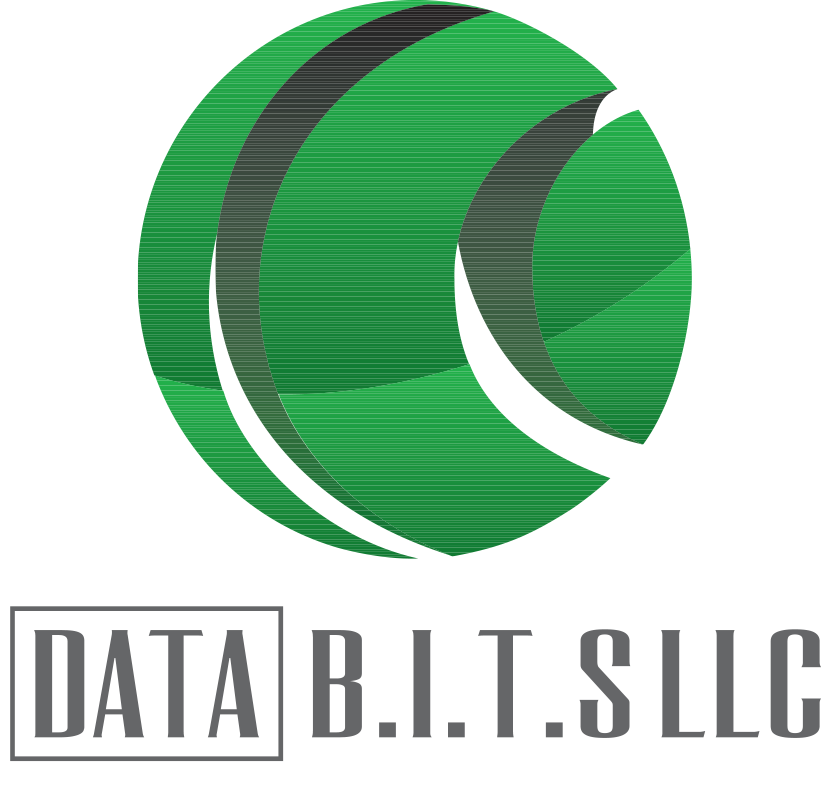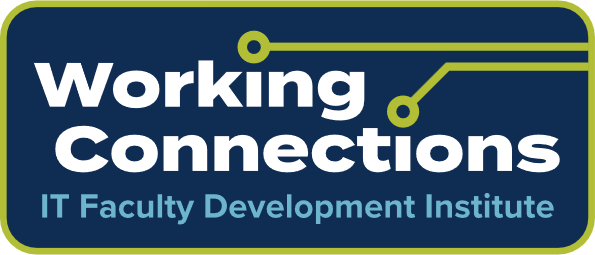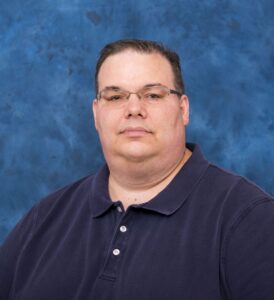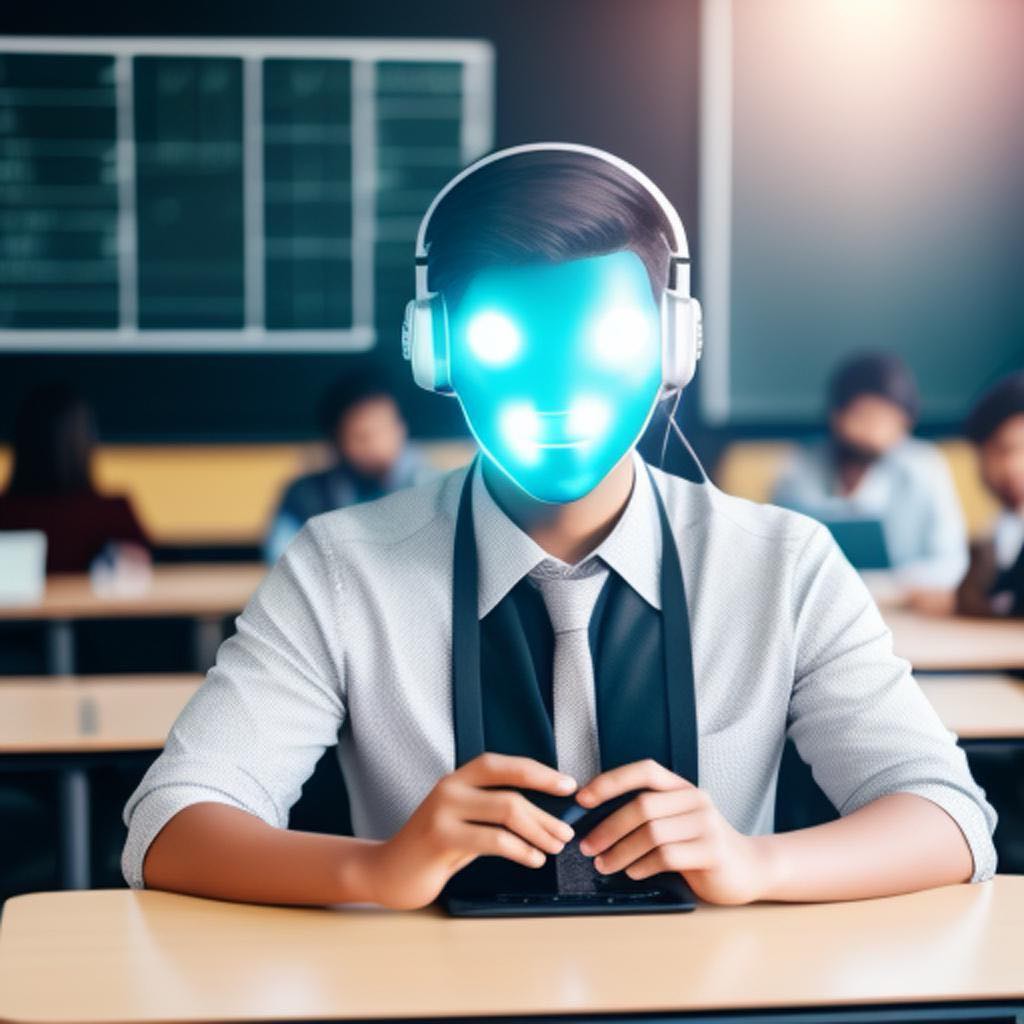By Kayla George
Most people don’t grow up knowing what they want to do for a living. I wasn’t most people, or at least I didn’t think I was. I grew up with an insane amount of empathy for animals. As a kid, my mom recalls me expressing compassion every time we passed “roadkill,” and to this day, feel free to judge, I still put worms that get washed onto the pavement back into the dirt before they get fried by the sun. I truly cared about every living being, no matter how small—except for roaches. I cannot with those.
Anyway, I had it all planned out. I was volunteering at farm sanctuaries and shelters, attending college programs where I had the most amazing experiences. I learned how to suture at UGA, witnessed a horse get an ultrasound at Tuskegee, and studied lemurs from INSIDE the enclosure at the Duke Lemur Center. I was GOOD at what I was doing and enjoyed every moment of it. I had it all figured out… until I didn’t.
The Turning Point
As planned, I entered college as a Biology major on the pre-vet track. I was so excited to find my people and get to learning, but I quickly found many reasons why this path was no longer right for me. One reason was that I was surrounded by people I just couldn’t relate to. Some casually talked about castrating bulls on their family farms, while others had horses flown in from Germany. Yes, I said flown—on actual planes. I didn’t even know they put horses on planes. Meanwhile, I was just a suburban girl who felt bad for fried worms. I mean, I literally saved a baby bird at one of those college programs with a couple of other students, while the majority of students literally couldn’t care less. I was like, “Isn’t this why we’re all here?”
Freshman year was great. I was having the time of my life making new friends by participating in all of the fun campus activities designed for freshmen. But when Spring break rolled around, I was excited for a week free of work. Then, we all went home and were told to stay there—COVID had made its way to the U.S., and we were on lockdown. My freshman year was cut short.
During this time, I started thinking about Computer Science. It had always been in the back of my mind—my “Plan B.”
Why Computer Science?
COVID underscored the value of job flexibility, making remote and hybrid work a standard part of the modern workplace. Many businesses struggled because they couldn’t adapt. My old dance studio, for example, had to rethink its business model when parents could no longer safely bring their kids to class. Job flexibility meant job security, and it became something I desired.
You can definitely be a remote or hybrid Software Engineer. In fact, I’m a remote Software Engineer right now!
Another pro was that I wouldn’t have to apply to and attend vet school, meaning I could start working sooner and pursue higher education at my own pace. Lastly, I’ve always enjoyed playing video games and solving problems. Right now, I’m obsessed with Marvel Rivals, but I’ve spent thousands of hours on games like Overwatch and Rainbow 6 Siege. Once I made the switch to Computer Science, I was immediately surrounded by nerdy gamers like myself.
Now, as someone who has graduated, most of my friends are Computer Science majors, and I don’t think I can name one who doesn’t own a console or PC. Not only did I find my people, but I found my passion. I love being the boss of computers.
When I first started taking Computer Science classes, I was shocked at how… not bright… computers are (I’m scared to call them dumb in case they take over the world). But seriously, computers are only as smart as we make them. Technology is intertwined with everything nowadays, meaning there are bound to be openings in any field of interest. For example, I’m currently working in education, but for those interested in games like myself, pursuing a job as a Game Developer could be an exciting opportunity. The possibilities are endless.
Pursuing Computer Science
Now, I want to talk to those of you who are already studying Computer Science or are planning to because there are so many things I wish I had known while I was still in school. No, I don’t mean the basic things that everyone tells you (but probably still don’t do) like “take advantage of office hours,” “don’t cram for exams,” and “join clubs.” While those things are important, my goal is to share something you may not already know—something useful that can make you stand out and build your confidence.
1. Apply for Internships
My first piece of advice is to apply for internships. I know, I know, you’ve heard this a million times, but I have to say it because if you’re like me and you switched your major, you may feel behind your peers. My résumé was packed with things like fostering dogs, volunteering at animal shelters, and college vet programs. Even if you’re doing well, you might feel like everyone else knows more. Many of them probably do, especially if they’ve been studying Computer Science longer.
But don’t let that deter you from applying to internships. Imposter Syndrome is real, and the best way to combat it is when you’re still in an environment where you’re not expected to be an expert. Internships are there to teach you—they’re like summer camps for your career. Not only will you gain experience that boosts your confidence, but internships also give you a chance to network. Lots of graduates get offers from companies where they interned, so the more internships you have, the better.
If you get an internship, make sure to foster good relationships, showcase your ability to learn, and try to stay in touch after you leave. You can do this by connecting with your mentors on LinkedIn or even sending thank-you cards or emails.
2. Get Letters of Recommendation
My second piece of advice is to get letters of recommendation whenever possible. Whether you’re doing an internship, volunteering, participating in clubs, or acing a class, get those recommendations!
Target people who know you well—be a familiar face. For example, if you’re interested in Cybersecurity, make yourself known to your professor. Ask questions, study hard, and apply to become a Peer Learning Assistant or Teacher’s Assistant. If that job doesn’t exist, create it! After passing a class, email your teacher and offer to tutor struggling students in the next semester. Show your passion, be memorable, and ask for a recommendation.
You can even write a base version of the letter for them to edit, saving them some time and effort. If you have several professionals who believe in you, a recruiter or employer will take notice.
3. Code Like a Pro
Treat your college experience as a trial run for your future career. When working on group projects, don’t just divide the work like it’s a PowerPoint presentation where each person handles their own slide. In the real world, software engineers succeed through deep collaboration. They work on top of each other’s code, review it, improve it, and solve problems together.
Use GitHub like you would in the workplace: designate a project manager (PM) to create a Priority Board and allocate tasks, work on branches, make pull requests, and review your teammates’ work before merging. Code like a future team of developers will be working on this project. Create style guides, add testing files, and even automate tests with GitHub Actions. Go a step further and organize daily scrum meetings to address blockers. It may seem formal, but trust me—it’ll set you up for success when you hit the job market.
4. Build Your Portfolio
Another thing I wish I’d known? Build your GitHub portfolio as you go. Many of my college projects were on private repositories or remote servers, which meant I graduated without much to showcase. Start early by creating personal projects that reflect the concepts you’re learning in class. Aim for one high-quality project per semester—nothing flashy, but something that demonstrates thoughtful design and problem-solving skills.
Struggling for ideas? Start small: automate something tedious in your life, create a game, or replicate a simple version of an app you love. It’s not about quantity—it’s about depth and creativity. And yes, recruiters will look at your GitHub, so show them your passion and initiative.
5. Establish Connections
Lastly, one of the biggest lessons I learned after college is the power of networking—it’s how I landed my current job. Seriously, the only reason I have my job now is because I knew somebody who knew somebody. I thought that once I graduated, companies would be fighting over me. Boy, was I wrong.
Being one of 100+ applicants on every LinkedIn job posting makes it a lot harder to get noticed. But if you have a referral from a current employee, you’re more likely to stand out. Networking is critical!
Take advantage of clubs, events, and networking opportunities. Attend hackathons and career fairs. Hackathons are fantastic for learning new skills, networking, and getting quick projects for your GitHub. Career fairs may feel intimidating, but they are one of the best places to put yourself out there and make a lasting impression. Bring a friend, bring your résumé, talk about your personal projects, and don’t be afraid to follow up afterward. Networking is like planting seeds—the more effort you put in now, the more opportunities will grow later.
Conclusion
Pursuing a career in Computer Science is an exciting and rewarding journey, but it demands more than just attending classes and earning a degree. College gives you a great foundation, but remember that every classmate is your competition and your future coworker. Most of them will graduate with the same degree as you, so it’s crucial to set yourself apart.
The good news? College offers endless opportunities to get ahead—internships, projects, networking events, and more. Take advantage of them while you have the chance. Every step you take today brings you closer to standing out tomorrow. The effort you put in now will pay off, and this field is all about solving problems and creating possibilities—that’s exactly what you’ll be doing for yourself along the way.

About the Author, Kayla George is a IT Executive for our student interns. She works closely with our interns to ensure they are on the right path. Follow Kayla on LinkedIn: Kayla George





